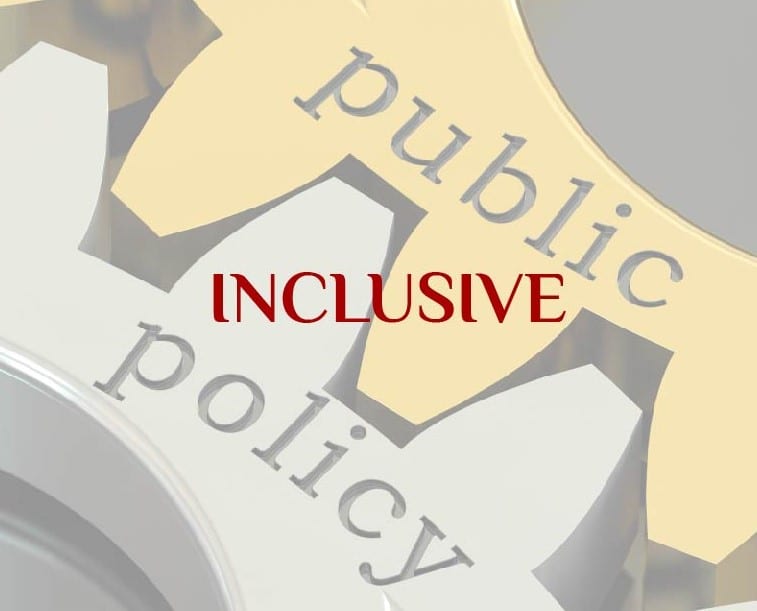Last August, I wrote, “Institutionalized exclusion is not just entrenched in the equitable access to quality education, employment, healthcare, housing, and a host of other goods and services, but is also rooted in how data are collected and reported.” When the headlines read “In N.Y.C., the Coronavirus Is Killing Men at Twice the Rate of Women,” who are these men? Are they Asian? Black? Hispanic? If you wonder why it matters, read this week’s WISER-Op, “Show Me The Data, But Disaggregate It First.”
Earlier this year, I wrote about how disaggregating data can help central banks meet their social obligation to reflect the societies they serve. When ethnicity, race, gender, and other demographic data are disaggregated, the results can inform policies to increase the wellbeing of targeted groups, rather than simply provide a standardized approach aimed at women, racial, or ethnic groups.
I have also written about the importance of disaggregating education data to improve the representation of Black women in economics. Education data on degrees awarded in economics show that race and gender do not operate in the same way for Black women. That is, Black men and White women have better outcomes.
My commitment to disaggregated data is the basis for the creation of the Women’s Institute for Science, Equity, and Race. WISER’s mission is to create a society where the social, economic, political, and cultural well-being of Asian, Black, Hispanic, and Native American women are included in policy discussions. To do that effectively, we must disaggregate data.
Rhonda Vonshay Sharpe is the president and founder of the Women’s Institute for Science, Equity and Race.



